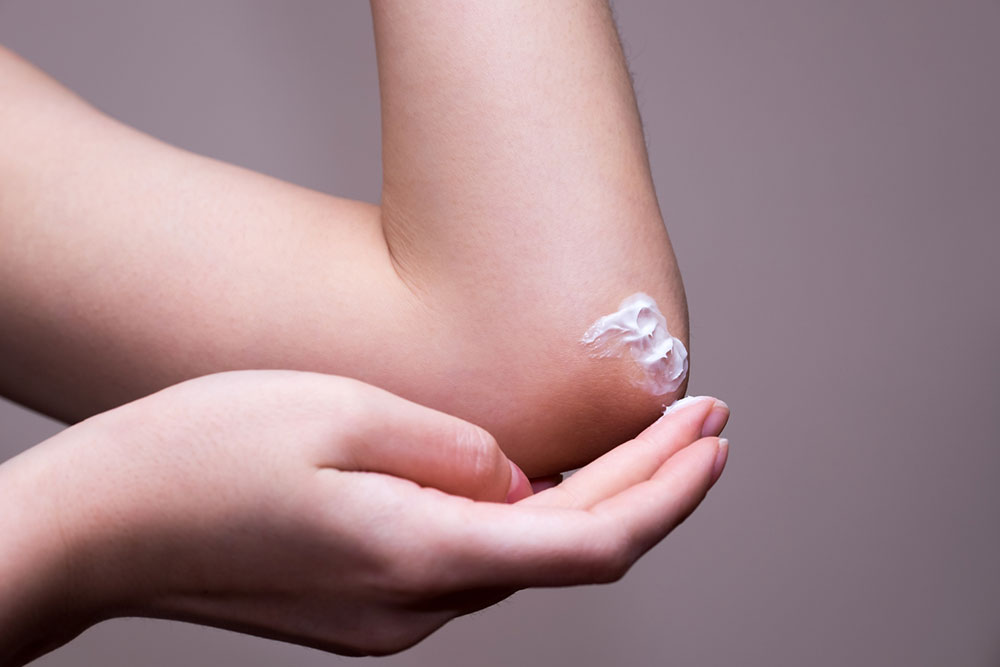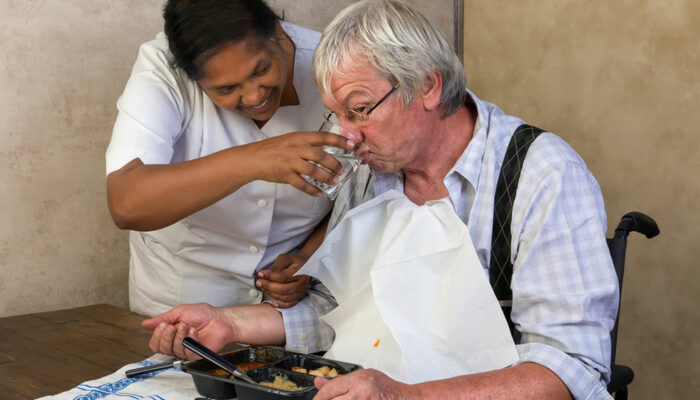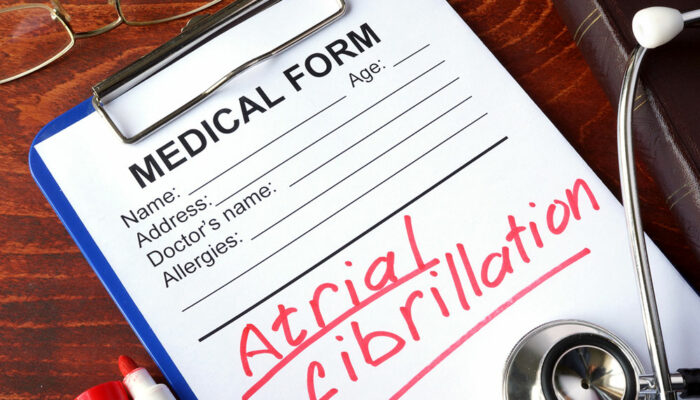
Two common treatment methods for eczema
According to the National Eczema Association, more than 30 million American are affected by eczema and its symptoms. Eczema is a non-contagious disease, and its causes are mostly genetic and related to the autoimmune system. It starts with itchy red patches. Environmental factors, certain food, and allergens can trigger eczema flares. If not treated sooner, the symptoms gradually become severe.
There are two main treatment methods that doctors usually prescribe for eczema—medications and therapy.
Treatment through medications
Medications relieve the extreme discomfort caused by the symptoms of eczema. A combination of the prescription medications is used to soothe inflammation. These medicines also give relief from red itchy rashes and speed up the healing process. Some of these medicines include:
- NSAID ointments – Non-steroidal anti-inflammatory drug (NSAID) ointments are generally prescribed to treat mild to moderate forms of eczema. Eczema patients who are at least 2 years or older are given these ointments. Applying these ointments on a regular basis can restore eczema-affected skin to its normal appearance. Inflammation will reduce and the skin will start healing soon.
- Corticosteroids – Corticosteroids are available as topical foams, solutions, creams, and ointments. They are also available in the form of shots, liquids, and pills. Mild to severe eczema can be treated with corticosteroids. For mild eczema, hydrocortisone steroids are prescribed. These include solutions, foams, creams, and ointments. They can give instant relief from itching and skin irritation. Severe eczema is usually treated with pills, shots, and liquids.
- Barrier repair moisturizer – An underlying cause of eczema is genetic defects in the skin barrier. Microbes and other particulate matter easily enter and irritate the skin. With barrier repair moisturizers, barrier damages can be treated. The skin’s natural water content is retained, and the moisture inside the skin is also protected. This prevents the skin from becoming dry quickly. Itching and inflammation are also prevented. There is relief from redness of skin and eczema rashes also go away.
- Antibiotics and antihistamines – Generally, antihistamines are prescribed for relief from scratching. Antibiotics are given for eczema-related skin infection. Frequent itching due to eczema damages the skin. This allows bacteria to easily enter the skin causing an infection. Antibiotics treat bacterial infections.
- Immune system boosters – An overactive immune system makes the eczema symptoms worse. A group of medications is prescribed to power down the immune system. These are available as liquids, pills, as well as shots. Immune system medications are prescribed for treating mild to severe forms of eczema. This type of medications are used as a last resort when other treatments fail. These are prescribed only for a short period and strictly under prescription. This is because the side effects can be very serious, including kidney problems and high blood pressure.
Procedures
Procedures to treat eczema use ultraviolet (UV) light. The UV rays prevent the immune system from being hyperactive. However, overuse of UV light can increase the risk of skin cancer. So, only lower dosages are used to treat eczema. The UV procedures are grouped under phototherapy. The following are the two types of phototherapy.
- UV light therapy – This treatment exposes the skin to UV A rays, or UV B rays, or both. Some doctors may recommend the application of coal tar during treatment to avoid excess exposure. This procedure is carried out over two to three sessions over a week. It must be done in a dermatologist’s office. In severe eczema cases, the treatment can go on for months.
- PUVA therapy – When UV light therapy treatment fails to work, PUVA therapy is done. In this, a prescription medication is given to the patient to make the skin more sensitive to UV A rays.




